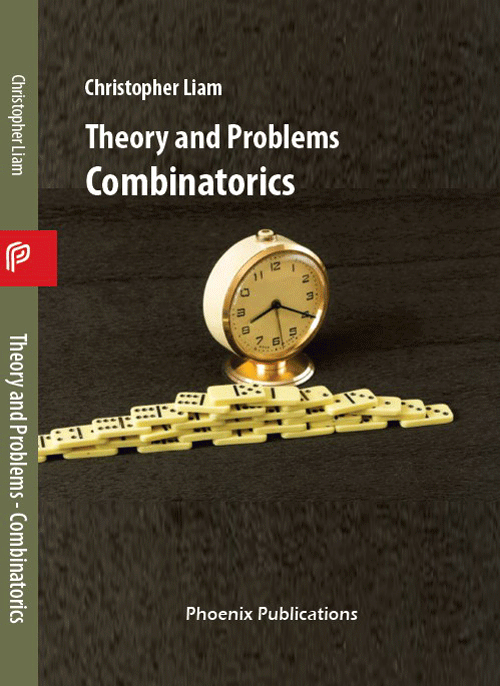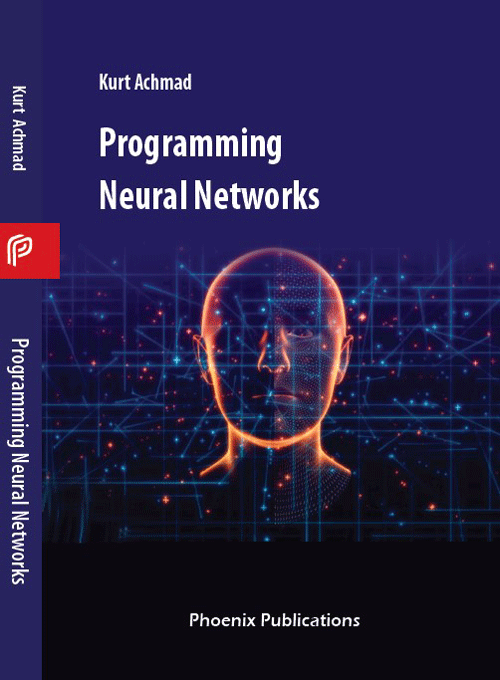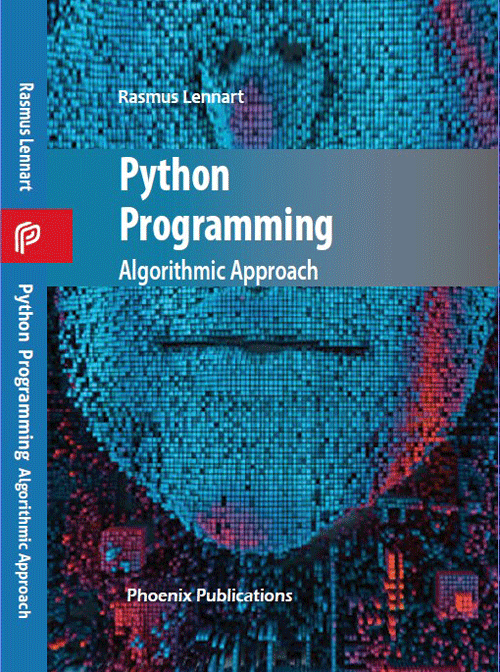Combinatorics is a subfield of discrete mathematics, so we should begin by asking what discrete mathematics means. In calculus, we deal with continuous functions, so calculus is not discrete mathematics. In linear algebra, our matrices often have real entries, so linear algebra also does not fall into discrete mathematics. Textbooks on discrete mathematics often include some logic, as discrete mathematics is often used as a gateway course for upper-level math. Elementary number theory and set theory are also sometimes covered. Algorithms are a common topic, as algorithmic techniques tend to work very well on the sorts of structures that we study in discrete mathematics. In Combinatorics, we focus on combinations and arrangements of discrete structures. There are five major branches of combinatorics that we will touch on in this book, enumeration, graph theory, Ramsey Theory, design theory, and coding theory.



